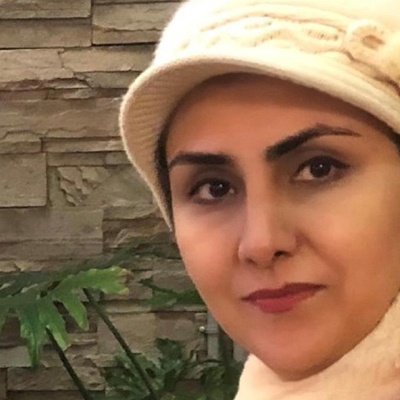
Staff Scientist
National Heart, Lung, and Blood Institute
Determine Barriers to Healthy Diet and Related Disparities Among Individuals With Preclinical Heart Failure in the U.S. South Atlantic StatesPreclinical heart failure is an early stage characterized by risk factors and/or subtle cardiac structural or functional abnormalities without clinical symptoms. This is the optimal time to enhance cardiovascular health and prevent progression to heart failure. A critical component of cardiovascular health is adhering to a heart-healthy diet but the complex barriers to doing so must be identified to intervene. This investigation will focus on the appraisal of health disparities that undermine adherence to a heart-healthy diet.
Dr. Hashemian’s team aims to determine adherence to healthy diet recommendations measured by dietary scores among individuals with preclinical heart failure, evaluate disparities in these scores, and identify key barriers to adherence to a heart-healthy diet, including individual, sociocultural, and environmental influences to delineate intervention opportunities.
Dr. Hashemian’s team will include Black and White adults stratified by low and high socioeconomic status, resulting in a total sample size of 400 (n=100 per category). Participants will be recruited from the YouGov opt-in survey panel drawn from the U.S. South Atlantic States (including the District of Columbia, Delaware, Florida, Georgia, Maryland, North Carolina, South Carolina, Virginia, and West Virginia), and will be surveyed to assess dietary scores, social determinants of health, and barriers to a healthy diet. Through mediation analysis, the research team will examine how individual, sociocultural, and environmental domains contribute to disparities in adherence to a heart-healthy diet.
Dr. Hashemian’s study will identify barriers to a heart-healthy diet. The findings could impact public health by identifying paths to positive dietary change—which is the most challenging but modifiable cardiovascular disease risk factor—as well as establishing personalized precision interventions to reduce health disparities.
















